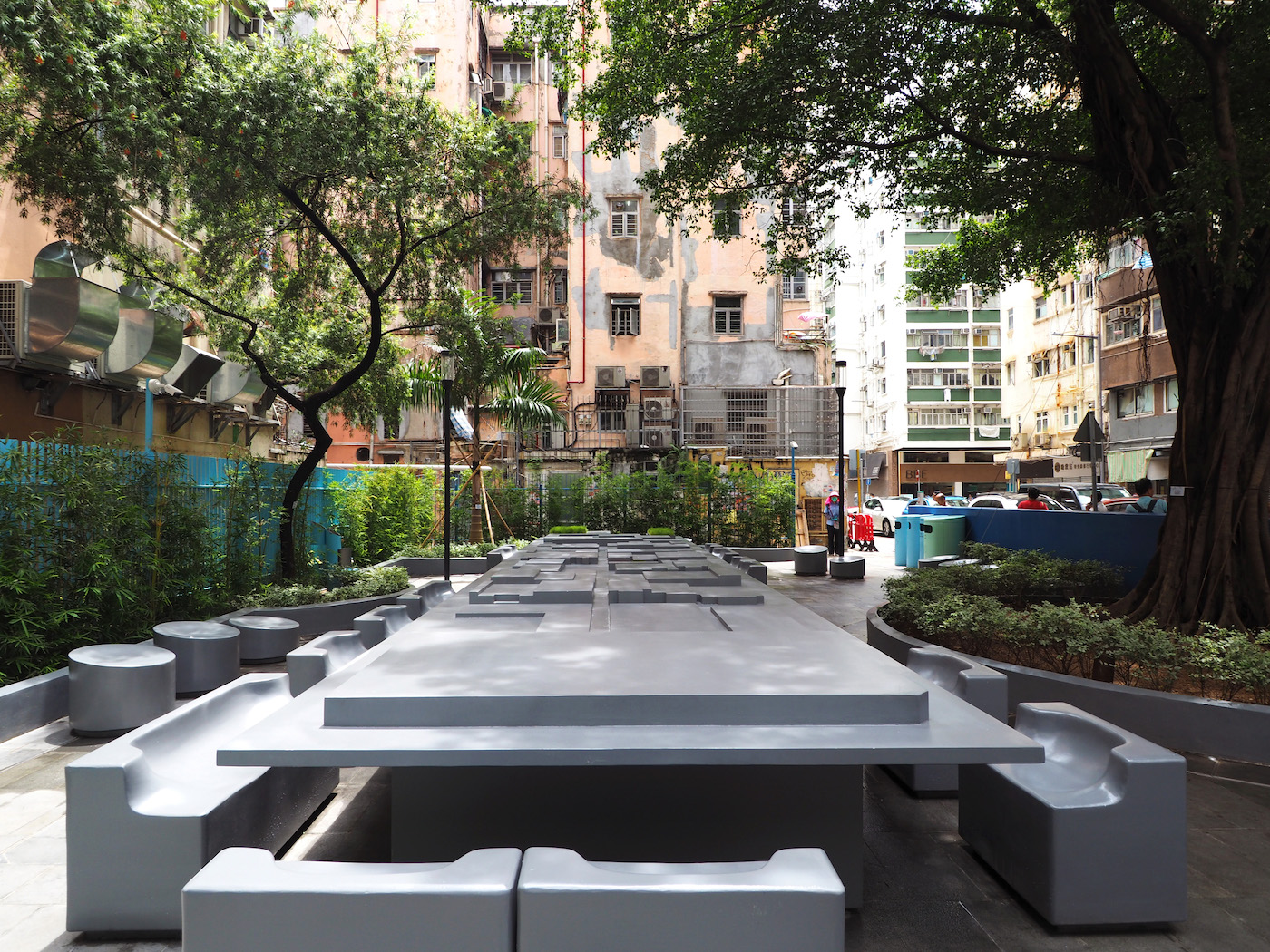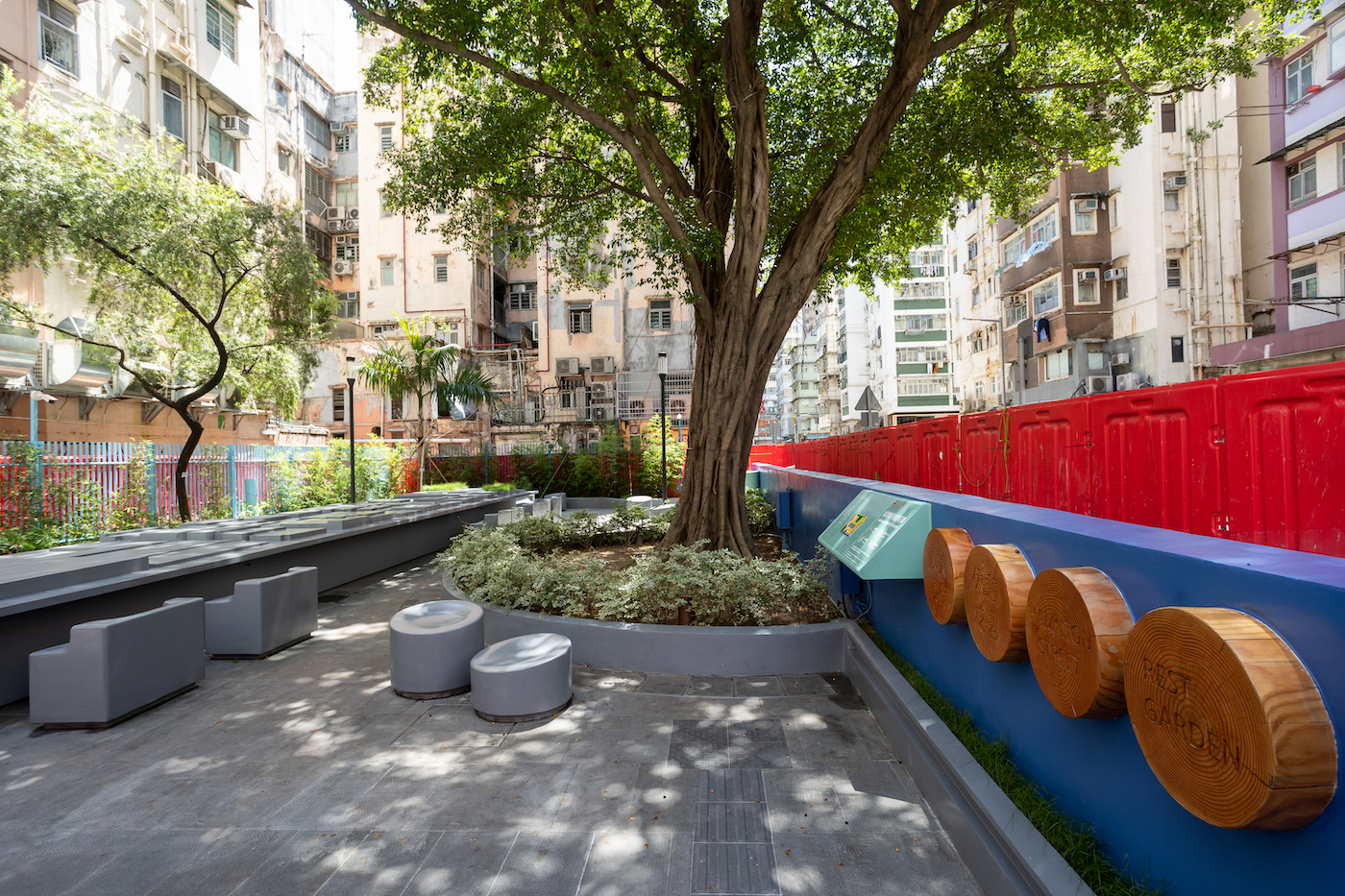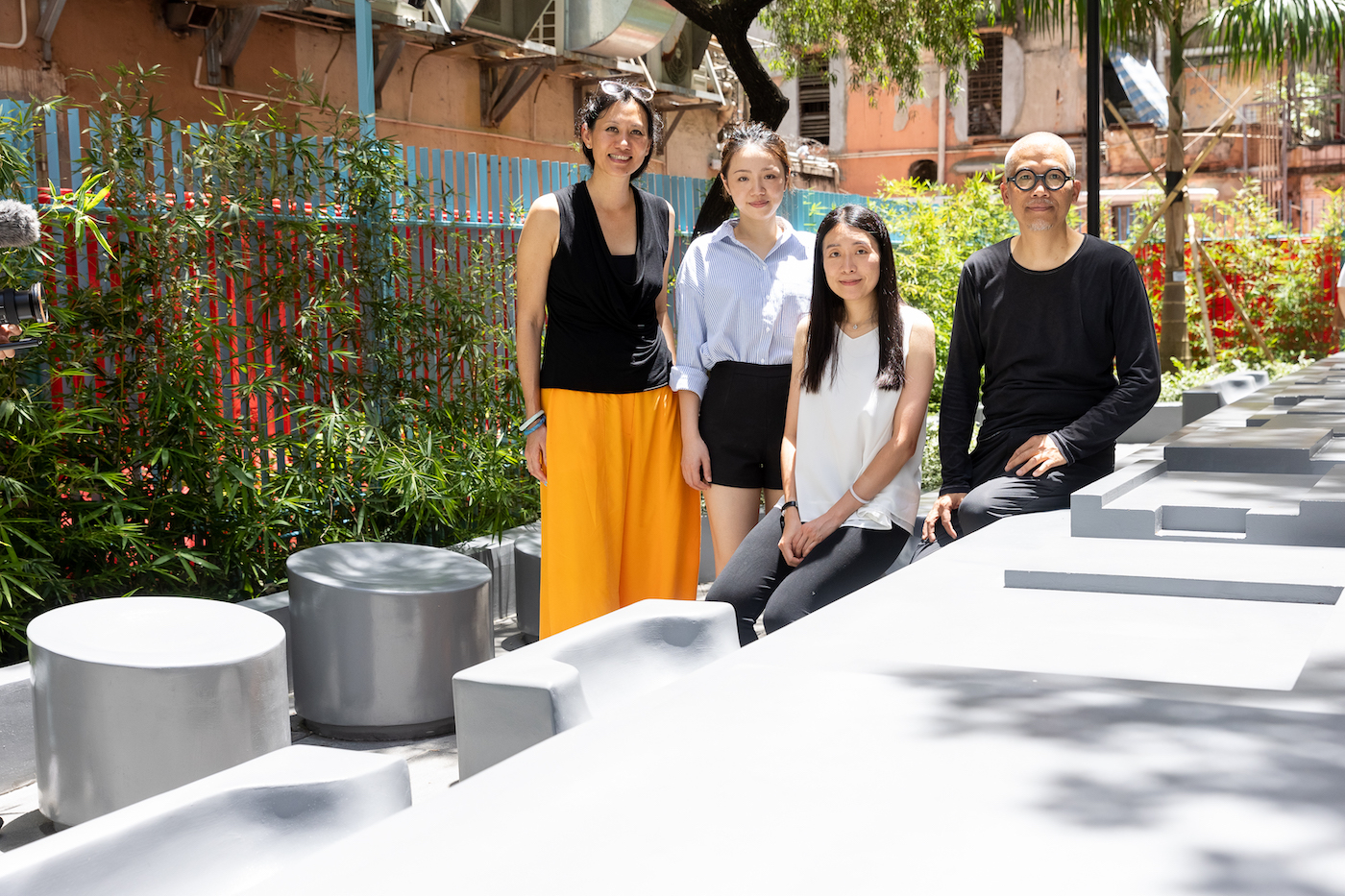
Pioneering microparks are a triumph of design and collaboration
The Hamilton Street Rest Garden is not only a zen-like oasis in one of the world’s most densely populated cities but also an inspiring demonstration of the power of collaboration to encourage young talent, community engagement and the better use of public space.
Occupying a 243-sq m site on the corner of Portland Street and Hamilton Street in the bustling Yau Tsim Mong district of Hong Kong, the micropark is the fourth in a series which re-imagine public spaces in a variety of urban contexts – from the area under a concrete flyover to a courtyard flanked by high-rise towers.
They are the result of more than five years of planning and negotiating by Design Trust, which in 2017 set up four design teams, each comprising an experienced industry mentor and up to five mentees, emerging young architects and designers starting out on their careers, to devise concepts to better utilise public spaces.
Hong Kong’s Leisure and Cultural Services Department came on board, offering a shortlist of possible sites. The Architectural Service Department and the former Policy Innovation and Coordination Office were also critical in bringing the project to life.
After many rounds of discussions with the departments, partners, district councils and most importantly local communities, plans were agreed for the four microparks and construction got underway.
Helmed by noted Hong Kong artist, photographer and designer Stanley Wong, the concept team for the Hamilton Street Rest Garden transformed the original site into a functional outdoor space where locals can share a large-scale communal table, surrounded by uniquely designed seating, under the shade of large Chinese Banyan tree.
Dubbed the “aDapTable”, it allows people to engage with others or sit quietly alone.

The smallest of the microparks created under the Design Trust Futures Studio initiative, the Hamilton Street Rest Garden celebrates the neighbourhood’s identity and culture of craftsmanship.
The district is home to many traditional shops that manufacture steel ware, copperware, handmade chopping boards and signage – and the centre of the tabletop is an abstract map indicating their locations.
During the concept design phase, the team worked with these local shops and used their specialty skills and materials to tailor-make prototypes of objects – including signage and lampshades – which are used in the park, connecting it strongly with the community.
Mentor Wong guided a cross-disciplinary team composed of mentees Elaine Tsui (architecture and landscape), Vivian Ng (industrial and product design), Samuel Wong (architecture and landscape), Owen Chim (environment and interior design) and Sylvia Chan (writing and criticism).

(L to R) Design Trust co-founder Marisa Yiu, mentees Vivian Ng and Elaine Tsui, and design mentor Stanley Wong.
Design Trust co-founder and executive director Marisa Yiu praised the mentor-mentee design, which opened to the public on July 1, describing it as the ”culmination of many years of on and off discussions, refinements and collaborations across the board”.
“We are thrilled to bring our latest pilot micropark concept design into reality,” she says. “It demonstrates how creative curiosity can challenge norms to improve the design of public space for the benefit of the public.”
Yiu invited Hong Kong people to embrace the microparks, noting that the accessibility and value of public space was now “even more important” following the social challenges of the pandemic. The other three parks are the Portland Street Rest Garden, the sitting-out area under the Hill Road flyover and Yi Pei Square playground.